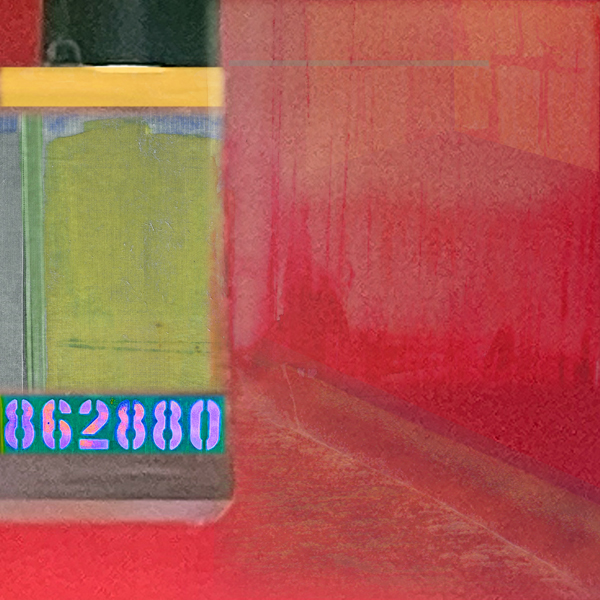What Teddy Roosevelt wrote in 1916 reminds us of the essence of conservation.
In his book A Book Lover’s Holiday in the Open, he made clear his position on balancing present and future appetites.
“If in a given community unchecked popular rule means unlimited waste and destruction of the natural resources, soil, fertility, water power, forests, game, wildlife generally, which by right belong as much to subsequent generations as to the present generation, then it is sure proof that the present generation is not yet really fit for self-control, that it is not yet really fit to exercise the high and responsible privilege of a rule which shall be both by the people and for the people.
“The term ‘for the people’ must always include the people unborn as well as the people now alive, or the democratic ideal is not realized. The only way to secure the chance for hunting, for the enjoyment of vigorous field-sports, to the average man of small means, is to secure such enforced game laws as will prevent anybody and everybody from killing game to a point which means its diminution and therefore ultimate extinction. Only in this way will the average man be able to secure for himself and his children the opportunity of occasionally spending his yearly holiday in that school of hardihood and self-reliance, the chase.”
What Teddy Roosevelt wrote in 1916 illuminates his disregard for the interests of development, destruction and encroachment. No longer in the White House, he was no longer badgered by corporate interests and their congressmen.
As a private citizen, he felt no obligation to rein in his contempt for interests intent on grabbing from the land all they could, as quickly as possible.
The death of too many moose struck him as much the same as digging a mine.
And the voices of what he considered “unchecked popular rule” struck him as sufficiently irresponsible to warrant government’s protective intervention.
What Teddy Roosevelt wrote in 1916 reminds us that protecting our natural resources is not a land grab, not a display of government overreach.
It is the duty of a democracy.






